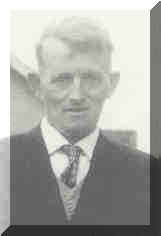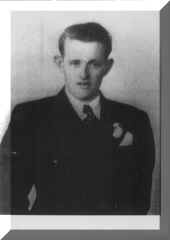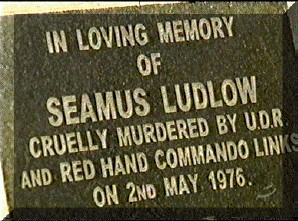Many strange things happened in the
administration of justice during the '70s, particularly within the operations
of the garda Siochana. It was a difficult time, with many fearing that the
institutions of the State were under real threat from the re-emergence of the
IRA, and with many atrocities being carried out in Northern Ireland and,
occasionally, in the south. This led to abuses of power by small sections of
the gardai, particularly the operation of the so-called "heavy
gang". Cooperation between the security forces on both sides of the
border was closer than many credited and efforts were made to gather
intelligence from every possible source. One of the best ways of doing this
was to use informers, but, it appears, informers may have been caught up in
actions which were illegal but which they felt were necessary to establish
their bona fides and, in the long run, save other lives.
But it is hardly acceptable that, in the
so-called name of the greater good, innocent people died and that then their
killers were allowed to escape for reasons which had nothing to do with the
proper administration of justice. This, it is now suspected, is what happened
in the case of Seamus Ludlow, the Louthman murdered by loyalist terrorists
(who also benefited from protection from the British authorities) in 1976.
Even worse, it is claimed that the Irish authorities colluded in a cover-up
and, not satisfied with that, implied erroneously that Ludlow was an informer
and that he was shot by the IRA for this reason. For the sake of Seamus
Ludlow's family, and to maintain confidence that one of the most important
arms of the State has acted honourably and correctly, a full investigation is
required into the circumstances not just of his murder but also the
investigation which followed it.


